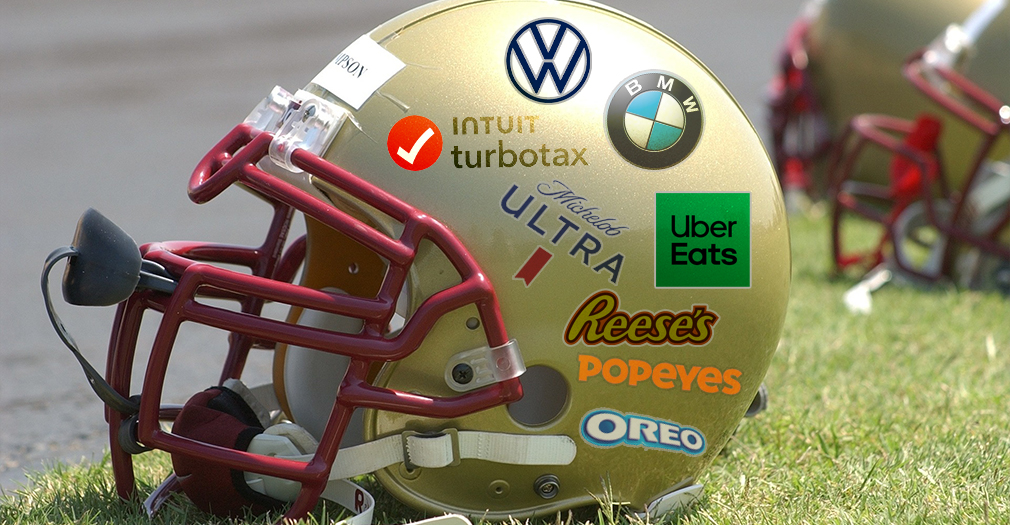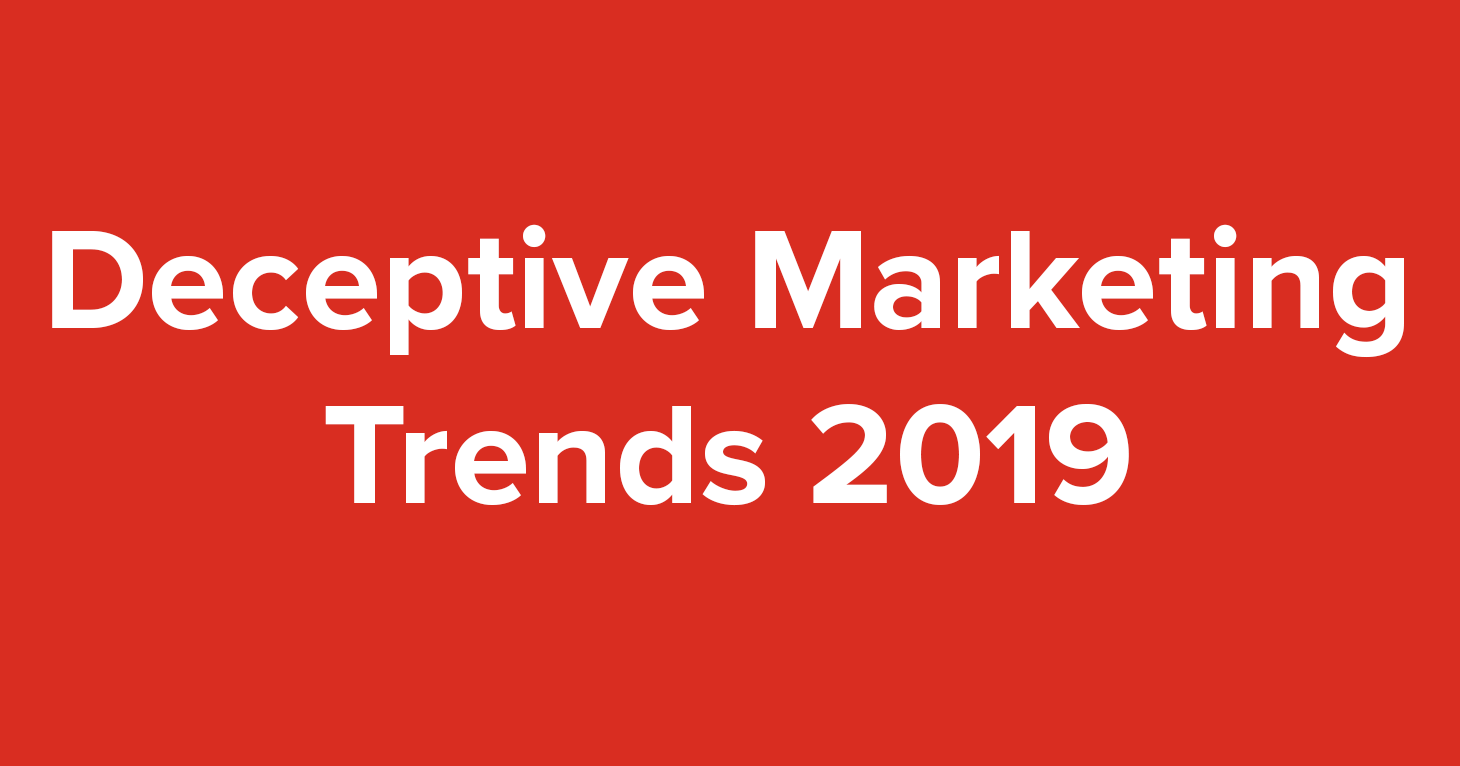
These Super Bowl LVIII Advertisers Have Been Taken to Court for Deceptive Marketing
Several of this year’s Super Bowl advertisers have run into legal trouble for alleged deceptive marketing.
There’s one thing we can all count on in 2016 and that is that new years bring new trends. Here’s five products and services to keep a watchful eye on to discern if the marketing claims are backed by real results.
What’s in your genes?
DNA is hot. Whether you want to find out what ethnicity your ancestral lineage is or if you are a carrier of a disease or may develop one later in life, there is going to be no shortage of companies out there offering to help with direct-to-consumers testing services that likely require just a swipe of your cheek. But the FDA has sent warning letters to several genetic testing companies and at least one is facing class-action lawsuits alleging that it deceptively advertised that it can provide consumers with reports on more than 200 health conditions and traits. Then there are the companies that have run afoul of federal regulations by claiming that their products can work with your DNA to do everything from improve your skin to treating diseases. Expect more of the same this coming year. After all, it’s in the genes.
Brain drain
Will Smith’s new movie about football and concussions (called, you guessed it, “Concussion”) will keep the issue in the public spotlight and might spur even more products claiming to prevent this type of head trauma and treatments promising to spur speedy recoveries. In fact, concussion treatment clinics are popping up all over the nation, some with questionable staffing. Couple that with marketers playing to aging baby boomers seeking to stay sharp with dubious dietary supplements that promise to improve memory and what you’ve got is a no brainer about this trend being on the list for 2016.
Clean cars
The Paris climate change agreement to cut down on global emissions has every country thinking about clean energy. But with car companies such as Volkswagen copping to cheating on clean diesel emissions, and other car companies facing challenges to fuel efficiency claims, the drive to a sustainable planet will likely still be paved with potentially misleading claims.
Off-label prescriptions
The FDA’s crackdown on pharmaceutical companies promoting their drug products for off-label use hit a wall when a federal court judge in New York ruled that the First Amendment protects companies making truthful statements to promote drugs for alternative uses –meaning that drug companies will continue to aggressively find ways to “educate” doctors about the off-label use and put the drugs in the hands (and mouths) of patients. But a recent study published in JAMA found that consumers don’t always fare well when taking the drugs as treatments for illnesses or diseases they weren’t approved for by the FDA. The study found that the rate of side effects in off-label use — which constitutes 12 percent of all drug prescriptions — was 44 percent greater than when drugs were taken for their approved uses. More so, the study noted that 80% of off-label prescriptions weren’t supported by strong scientific evidence. All this may lead to more lawsuits but not much off-label use.
Ad or not?
Ad blocking is up and disguising ads is the counter attack. So, this coming year will bring increasing creative challenges to companies trying to stay one step ahead of consumers who are becoming savvier at not only blocking ads but spotting the ones that are supposed to blend into content. It’s not just that the ads can pop up in annoying places that are pushing consumers to block them, it’s the data tracking that is leaving consumers feeling vulnerable as ads follow them around in cyberspace. But companies are finding increasingly sophisticated ways to get their products in front of consumers’ view and respond to their reactions about the ads — Saatchi, for example, is testing billboards with hidden cameras that read viewers emotions and adapt the advertising accordingly. And regulators are trying to keep up. In December, the FTC issued a policy statement on rules that apply to digital advertising. In a nutshell the agency said that ads are deceptive if they convey or imply that they are something other than ads. Which brings us back to the question, can you spot the ad?
Several of this year’s Super Bowl advertisers have run into legal trouble for alleged deceptive marketing.
When companies green it, they better mean it.
From crypto to CBD, consumers need to tread carefully when it comes to these trends.


